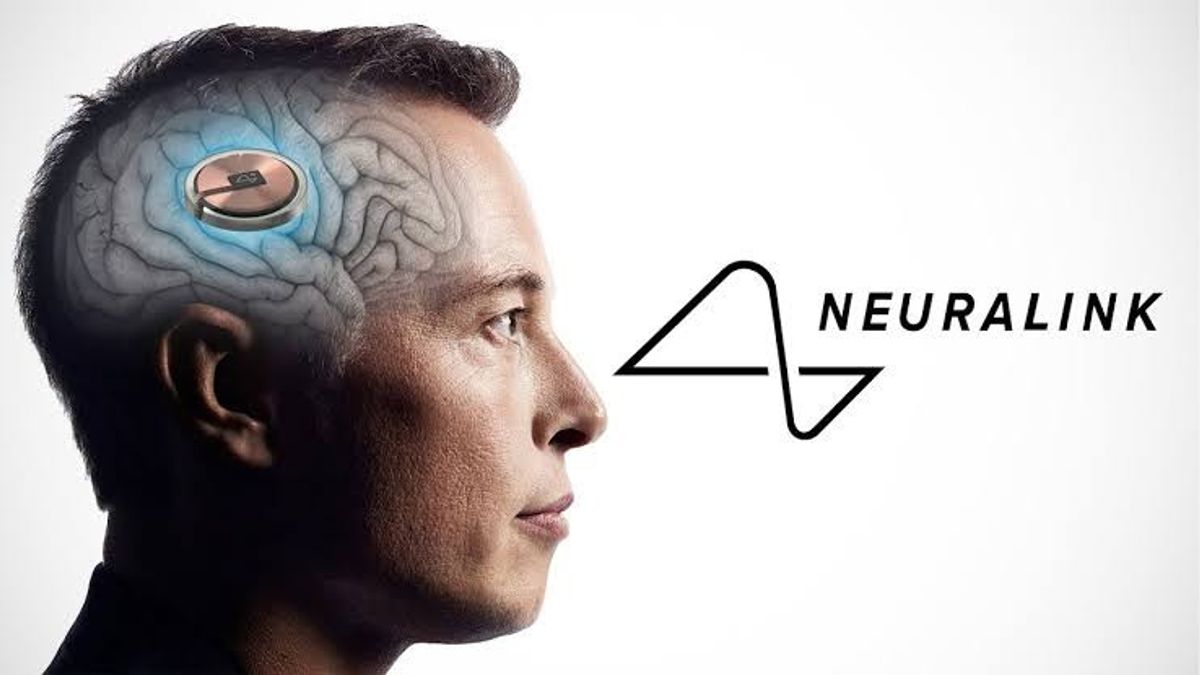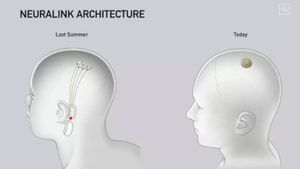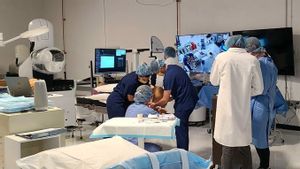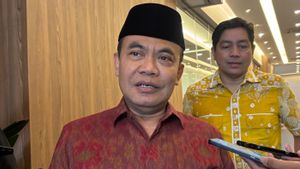JAKARTA - After being claimed to have obtained permission from the Food and Drug Administration (FDA), United States (US), Neuralink will start inserting chips into the human brain later this year.
The plan was first disclosed by the startup owner, Elon Musk recently at the VivaTech event in Paris.
Musk hopes to implant his first human device later this year. The chip will later be installed into the brains of tetraplegic patients or paralyzed.
"It looks like the first case will happen later this year," Musk said, as quoted from the NYPost, Saturday, June 17. However, he did not mention how many patients or how long the chip would last.
As previously reported, Neuralink announced via its Twitter that it had received permission from the FDA to launch its first human clinical study.
If successful, humans can have devices from those brain-computer interface companies, which are implanted in their heads.
"We are very pleased to share that we have received the FDA's approval to launch our first human clinical study!", Neuralink said via its official Twitter.
A brain chip called Link, created to help people with severe paralysis disease, can communicate again only with external control technology that uses neural signals.
SEE ALSO:
This means that people with severe degenerative diseases such as Amyotropic Lateral Sclerosis (ALS) can eventually regain their ability to communicate. Patients only need to move the cursor and type with their thoughts.
Neuralink itself is a newly emerging brain-computer interface industry, or BCI. Where BCI is a system that outlines brain signals and translates them into commands for external technology.
Scientists have long developed BCI technology for decades, but accepting FDA approval for commercial medical devices is not a small task.
Where the company must succeed in conducting several rounds of testing and very thorough data security collection.
The English, Chinese, Japanese, Arabic, and French versions are automatically generated by the AI. So there may still be inaccuracies in translating, please always see Indonesian as our main language. (system supported by DigitalSiber.id)
















